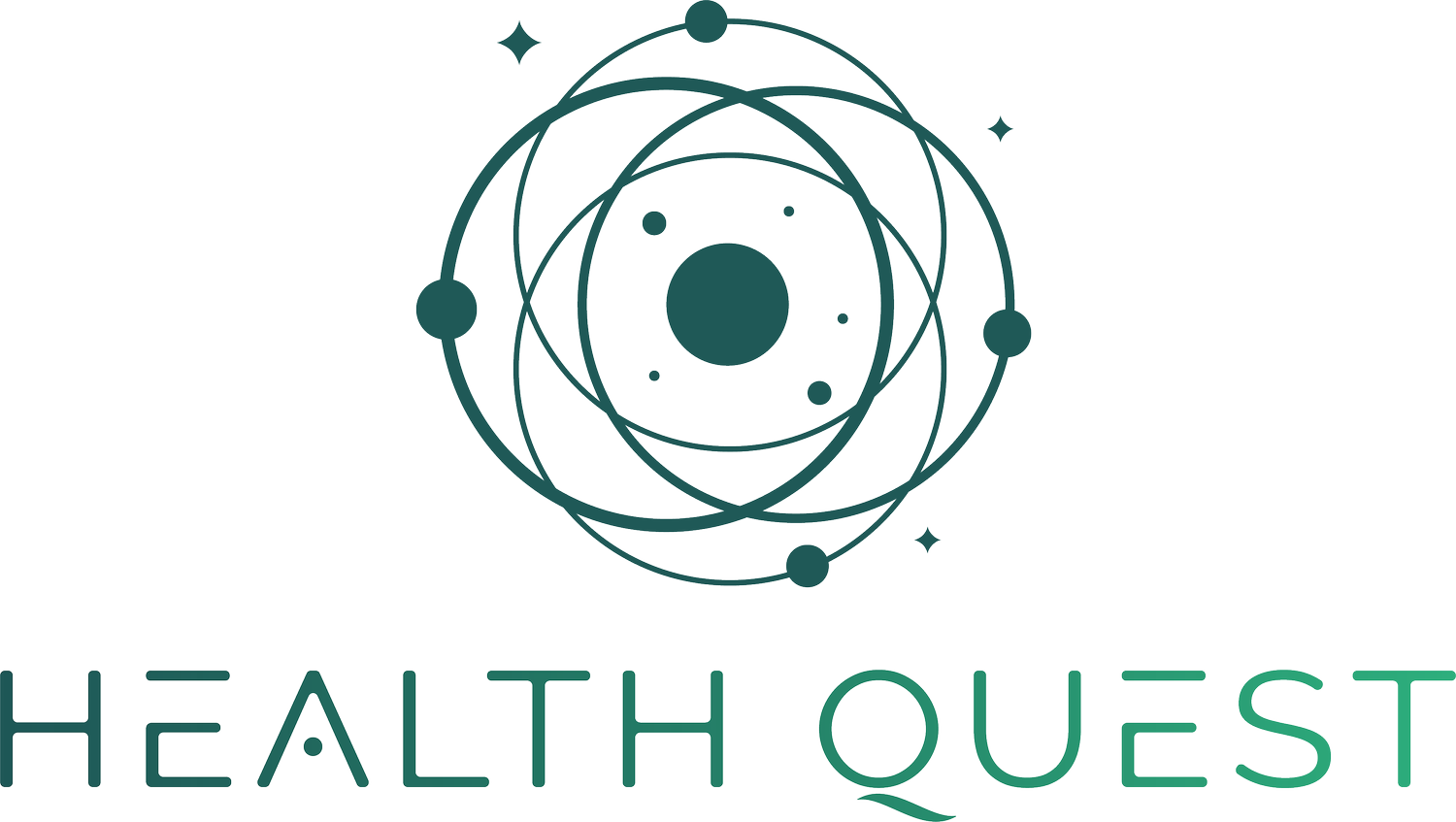12 Health Quests of 2024; Tracking Progress
Now that we have set SMART goals it is time to measure and track our progress. Tracking your progress is important to help you keep your goals. We have all been there we make a change and then we don’t track how we are doing with keeping it up believing that we will just mentally keep track. Mentally trying to tack your progress will not work.
Why won’t it work? Our memory tends to be terrible. We engage in something called state dependent learning where when you are in a certain mood state it is very easy to recall other times you were in a simular mood state and difficult to recall other mood states. This is why when you are sad or depressed it feels impossible to recall what it was like to be happy. When tracking progress it will be easy to recall success during times of success and you will likely minimize the days you struggled and on days you struggle, you will more easily think of the other days you struggled.
To accurately see your progress you need to measure and record your progress. The good news here is that recording progress does not need to be complicated or long! This can be a simple measurement of time or if we did a task or not. Here are some simple tips for helping you track your progress on your SMART goal.
WHAT ARE YOU MEASURING?
Define what variable you are measuring to track your progress. Is it time spent in an activity? Is it speed or skill? Once you know what you are measuring you need to move to
HOW ARE YOU MEASURING AND RECORDING?
Note what measurement will be and how you will do so. Are you going to keep a journal? Use an application? Take videos? Figure out the most approachable method for tracking progress for you and use that method.
HOW OFTEN ARE YOU GOING TO MEASURE?
This can be a difficult question to answer. We don’t want to measure too frequently because the day to day changes might be very slight, but if we measure too infrequently we might not feel motivated. For some goals such as fitness you might measure weight weekly, and take a monthly fitness test to see progress. For increasing reading you might record minuets read each day. How often you measure will depend upon your personal SMART goal.
WHO IS HELPING YOU WITH ACCOUNTABILITY?
This is a bonus step but we tend to do better when we have an accountability partner. This can be a friend or family member that we will report our progress to. Knowing someone is also aware of our progress can help keep us going on the difficult days.
Some final things to keep in mind with tracking your progress. Progress will not be a steady increase. You will have good and bad days. We often will plateau as we are making changes. You also might reach your goal and you want to move from improvement to maintaining your gains. Good luck go out and track your progress!


